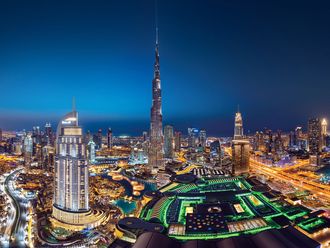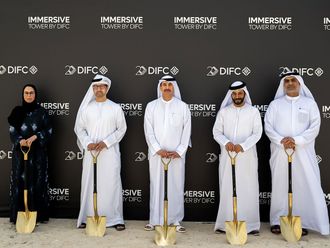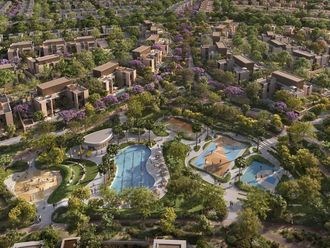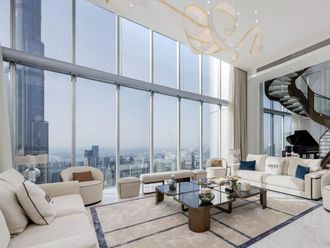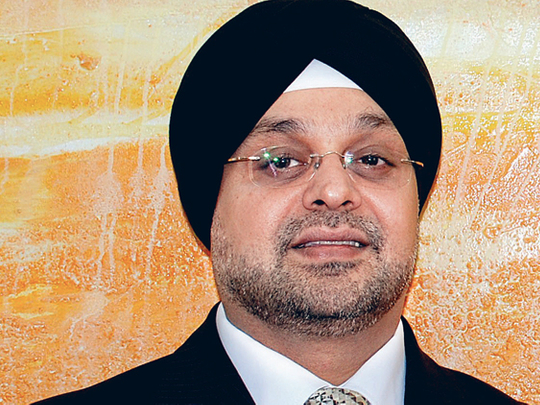
Dubai : With buildings due to be completed and handed over in the next two years, Business Bay is set to be Dubai's new business hub, according to Sanjeet Joher, group chief executive officer of KM Properties.
"Once Business Bay is done, you'll have the global focus changing towards that area. Business Bay is a prime epicentre for Dubai. All the tourist centres, businesses and authorities are focusing on Business Bay," Joher told Gulf News.
Business Bay is a 5.85 million square metre development featuring a mixture of office and residential towers. The freehold development located next to Shaikh Zayed road and Downtown Burj Khalifa area, aims to be the region's business capital once complete.
The infrastructure, prices and lack of taxes are some of the incentives that will attract new businesses to setting up shop in the area. According to Joher, the natural shift of Dubai's centre will occur as established commercial areas become full.
Relocation
"We see a trend that everyone working in the Deira, Bur Dubai area will be looking to relocate to Business Bay in the future as the area becomes over saturated. There's already a huge demand for Business Bay," says Joher.
KM Property currently has three buildings under construction in Business Bay, Tamani Hotel at Park Lane Office Tower, B2B Office Tower and Tamani Arts Offices all at various stages of construction.
The buildings are set to be completed in the next year and a half to two years to coincide with the completion of infrastructure in the Business Bay development.
"The infrastructure in Business Bay is being built in phases. The chillers, electricity, water, etc will fall in place and be finished at the same time as the handing of our projects. We are working closely with infrastructure authorities, RERA and the Land Department to ensure our clients get the product at the right time with all the facilities," says Joher.
Trends
Joher says that while growth has slowed considerably, certain trends that are emerging will help put the UAE property market back on track.
"We cannot expect the same growth that we have seen in 2007 and 2008, we have to be realistic in our vision and mission compared to the market value locally and globally. In the near future, I see the supply being restricted from 500 buildings to 200. It will also be delivered in a more staggered fashion which will allow the market to be more realistic. Also, the prices will be aimed at end users, not speculators," he said.
According to Joher, lack of liquidity is one of the main issues Dubai faces. "The main challenges are financing and liquidity. End users and customers are finding it very difficult to get finance and buy property.
"In our Tamani offices we have around 5 to 8 per cent defaulters. But we're assisting them on a case by case basis depending on their cash flow."
However, Joher has full confidence that Dubai will continue to do well. "Dubai will always be centrally located in the world, which has allowed it to do well in the past and will continue to do so well in the future. This place will always be the Hong Kong of the Middle East. It's a secure tax free environment with good returns on investments and very good infrastructure."


